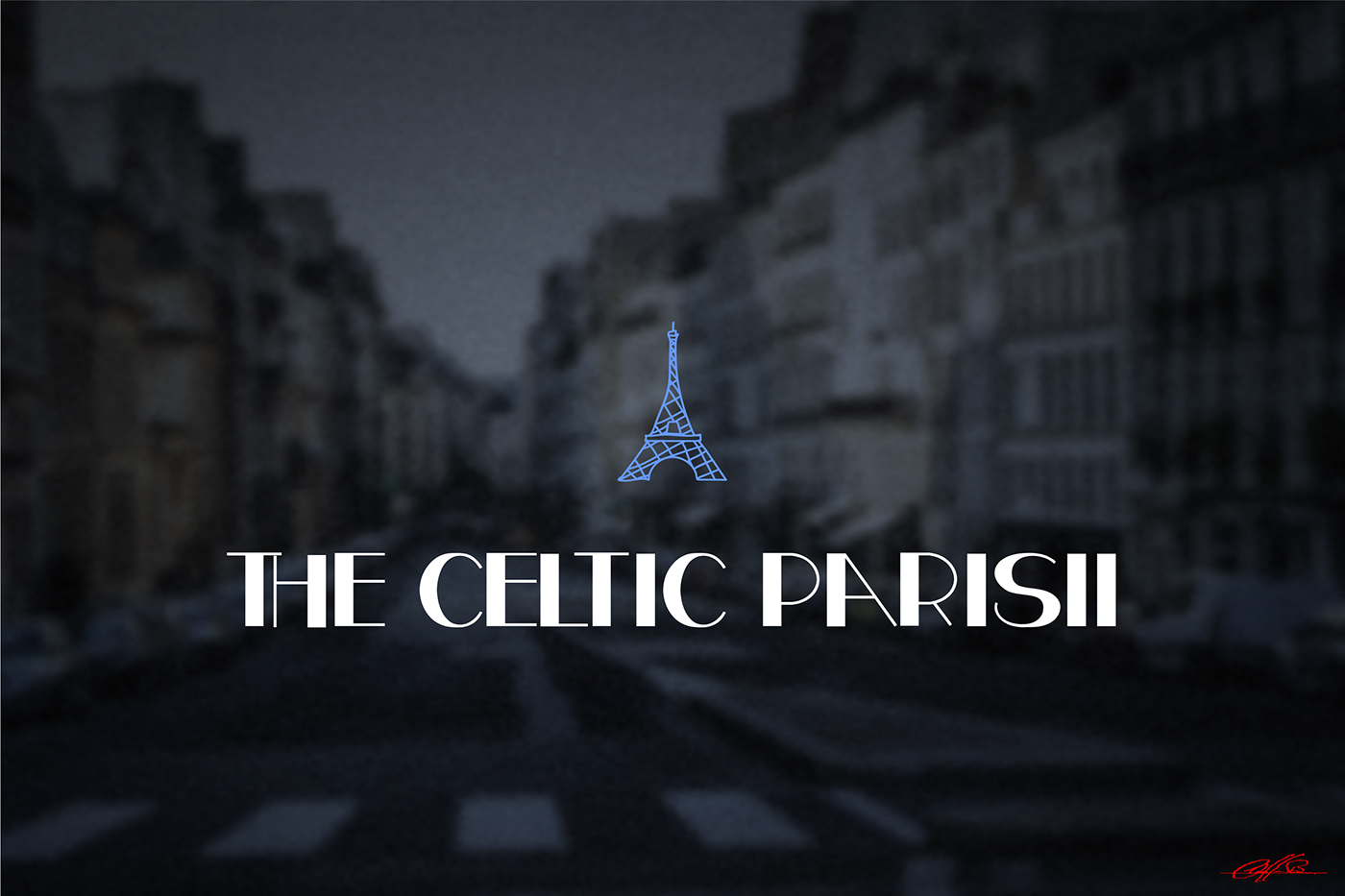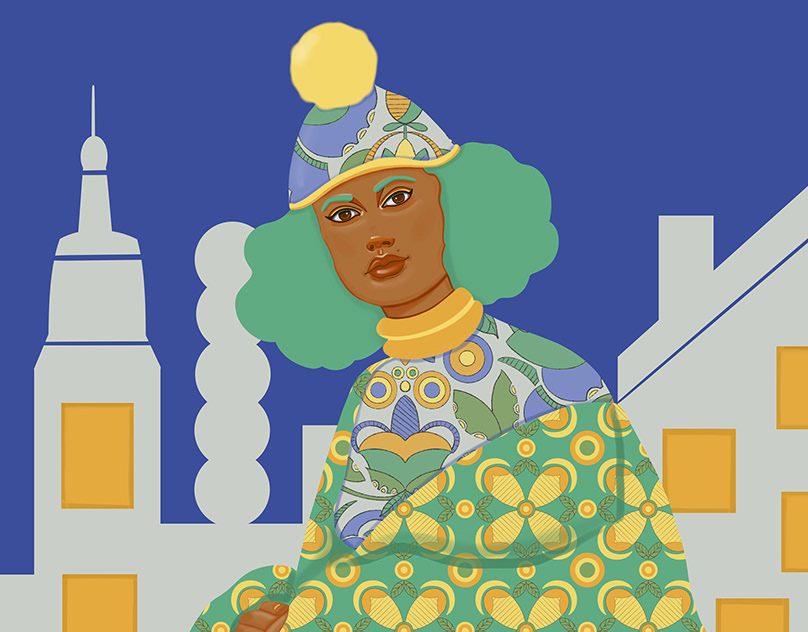Etymology of cities
Etymology is the study of the history of words, their origins and the origin of the particular word. In this case I try to explain the origin of city names given. Where does its name come from?
Started out as a local competition. Here is a collage of city etymologies with blurry photos and logos of to give it all a hint.
Enjoy!
Barcelona
The origin of the name Barcelona is very unclear and there are many different versions how the city got its name. Often these legends and myths attribute to the cultural legacy left by the very first inhabitants of the city.
Coins have been found with an ancient Iberian language that shows the population living here called the area Bàrkeno, which means "The Place of the Plains" (from Barrke = plains/terrace).
As said the Carthaginians set up a military base as part of their Spanish conquests under Hamilcar Barca.
At the start of the 80s, reference was made to Barcelona out of Bar, cel, ona, which means in Catalan ‘bar’, ‘sky’ and ‘wave’.
As said the Carthaginians set up a military base as part of their Spanish conquests under Hamilcar Barca.
At the start of the 80s, reference was made to Barcelona out of Bar, cel, ona, which means in Catalan ‘bar’, ‘sky’ and ‘wave’.

Berlin
The name Berlin has origins from the West Slavic inhabitants of the area, and may be related to the Old Polabian stem berl-/birl- ("swamp") lin ("village").

Copenhagen
The Danish København origins from Køpmannæhafn, which roughly translates to 'merchant's harbor', 'Hafn' or 'Havn' is 'harbour' in Danish both meanings creates "Chapman's Haven" or "Buyer's haven"

Helsingfors
Settlers from Hälsingland, Sweden arrived to Vamtaanjoki River and called the river the Helsingå ("Helsinge River"), which gave rise to the names of Helsinge village and church.
Others have proposed the name derives from the Swedish word helsing, a former version of the word hals (neck), referring to the narrowest part of a river.
Others have proposed the name derives from the Swedish word helsing, a former version of the word hals (neck), referring to the narrowest part of a river.

London
The name of London is derived from a word Londinium, a latin word. By the first century CE, this was a commercial centre in Roman Britain. The etymology of the name is uncertain.
A couple of researches about King Lud in the City of London led me to this possible explanation of the name.
Lud's name was claimed by Geoffrey of Monmouth to be the origin of Ludgate (named Porth Llydd in the Brut y Brenhinedd), a major gateway into the City of London, as well as of the name of London itself (the true etymology of Ludgate is, however, from the Old English term "hlid-geat" a common Old English compound meaning "postern" or "swing gate".
Lud's name was claimed by Geoffrey of Monmouth to be the origin of Ludgate (named Porth Llydd in the Brut y Brenhinedd), a major gateway into the City of London, as well as of the name of London itself (the true etymology of Ludgate is, however, from the Old English term "hlid-geat" a common Old English compound meaning "postern" or "swing gate".
Geoffrey of Monmouth explained the name "London" as deriving from "Caer Lud", or Lud's Fortress. When he died, he was buried at Ludgate. "Lud's fortress" or a further etymologic interpretation of the name would be "Swing gate's fortress.

New York City
New Amsterdam (In Dutch Nieuw Amsterdam) was a 17th-century Dutch settlement established at the southern tip of Manhattan Island that served as the seat of the colonial government in New Netherland.
New Amsterdam was renamed New York on September 8, 1664, in honor of the Duke of York (later James II of England), in whose name the English had captured it.

Oslo
The town was originally called Oslo. After a dramatic fire in 1624, king Christian IV decided the town would be rebuilt and changed its name to Christiania. From 1877 the name was spelled Kristiania, and in 1925 it was changed back to the original name, Oslo.
The name is from a topographical original word ås meaning "ridge" or "hills" that form a continuous elevated crest for a distance.
Óslo (“Meadow at the Foot of a Hill”), or Áslo (“Meadow Consecrated to the Gods”) (from áss).
"The meadow of the gods" is also popular interpretation. The word "as" meaning "god"(áss or ansu or asagud= Asa God).
"The meadow of the gods" is also popular interpretation. The word "as" meaning "god"(áss or ansu or asagud= Asa God).

Paris
The name "Paris" is derived from its early inhabitants, the Celtic Parisii tribe. The city's name has oten been misinterpretated as related to the Paris of Greek mythology which its not

Reykjavik
Reykjarvík "Bay of smokes", from the geothermal steam rising from the earth. Reykr (“smoke”) + Vík (“bay”).

Rio de Janeiro
Europeans first encountered Guanabara Bay on 1 January 1502, therefor Rio de Janeiro, "January River", by a Portuguese expedition under explorer Gaspar de Lemos captain of a ship in Pedro Álvares Cabral's fleet.

Shanghai
The two Chinese names are shang/zan, "above" and hai/hei, "sea", together meaning "Upon-the-Sea". There are disputes as to exactly how the name should be understood, but Chinese historians have concluded that during the Tang dynasty Shanghai was literally on the sea.

Stockholm
The first part of the name (stock) means log in Swedish. The second part of the name (holm) means islet, and is thought to refer to the islet Helgeandsholmen in central Stockholm. The city is said to have been founded by Birger Jarl to protect Sweden from sea invasions made by Karelians after the pillage of Sigtuna on Lake Mälaren in the summer of 1187.

Sydney
Phillip originally named the colony "New Albion", but for some uncertain reason the colony acquired the name "Sydney", after the (then) British Home Secretary, Thomas Townshend, Lord Sydney (Baron Sydney, Viscount Sydney from 1789). This is possibly because Lord Sydney issued the charter authorising Phillip to establish a colony.

Tokyo
Tokyo was originally known as Edo, which means "estuary". Its name was changed to Tokyo Tokyo, to "east", and kyo "capital") when it became the imperial capital with the arrival of Emperor Meiji in 1868, in line with the East Asian tradition of including the word capital in the name of the capital city.

Vancouver
The city takes its name from George Vancouver, who explored the inner harbour of Burrard Inlet in 1792 and gave various places British names. The family name Vancouver itself originates from the Dutch "Van Coevorden", a person from the city of Coevorden, Netherlands. The explorer's ancestors came to England "from Coevorden", which is the origin of the name that eventually became "Vancouver". Van (from) Couver (Coevorden).

Venice
The meaning of the word is uncertain. Linguists suggest that the name is based on an Indo-European root wen ("love"), so that wenetoi would mean "beloved", "lovable", or "friendly".

© Christoffer Boman







